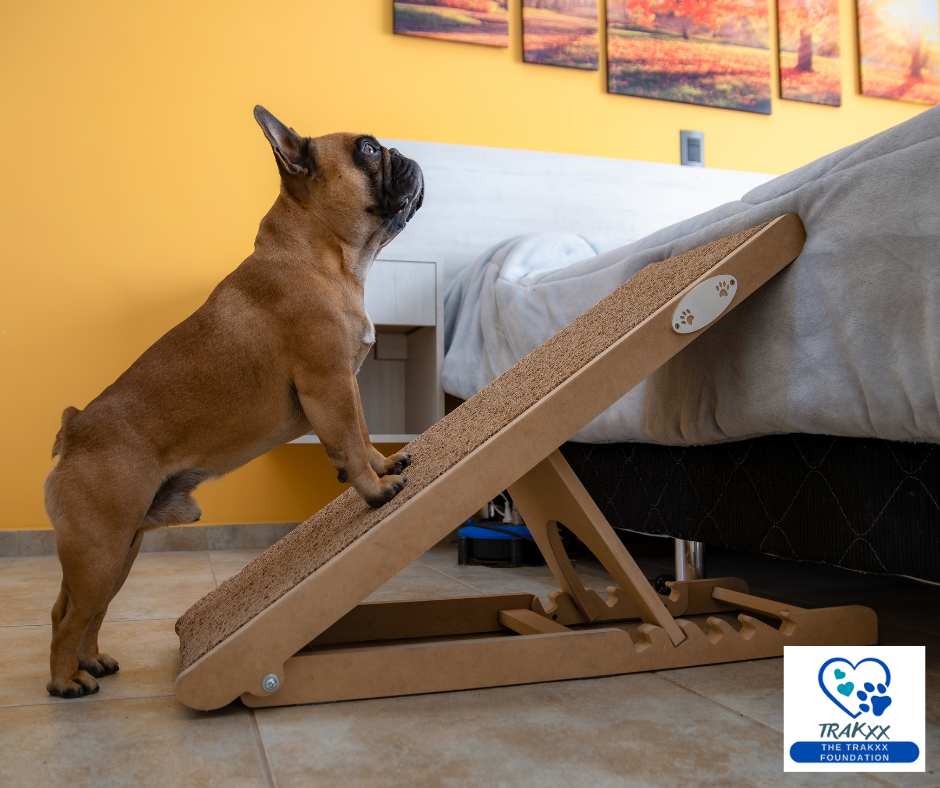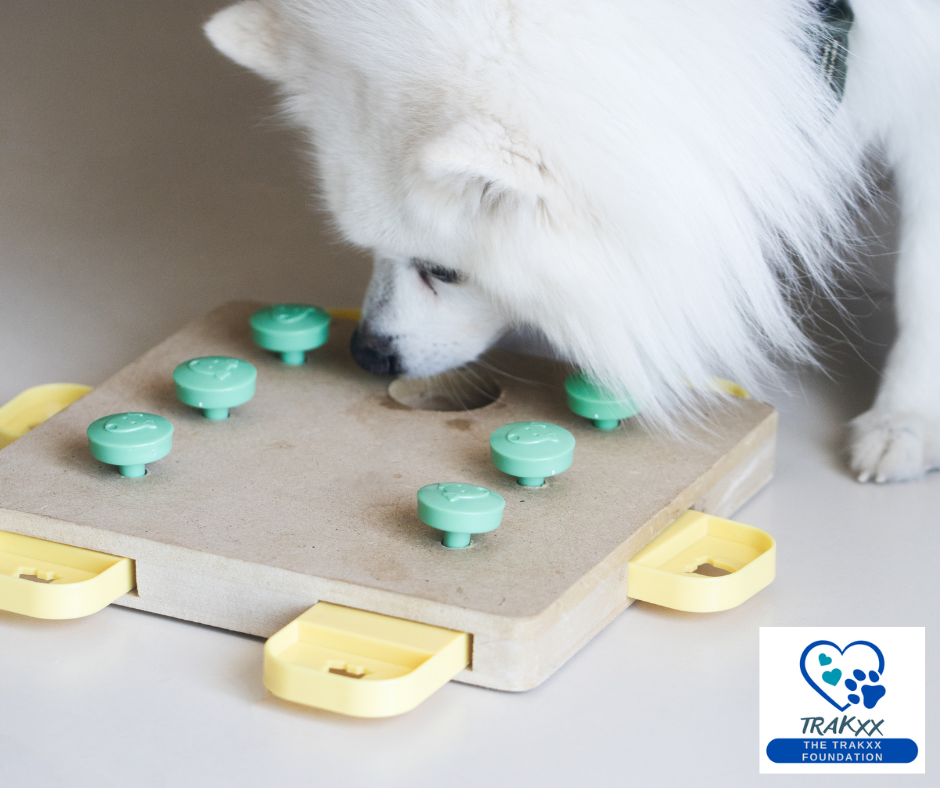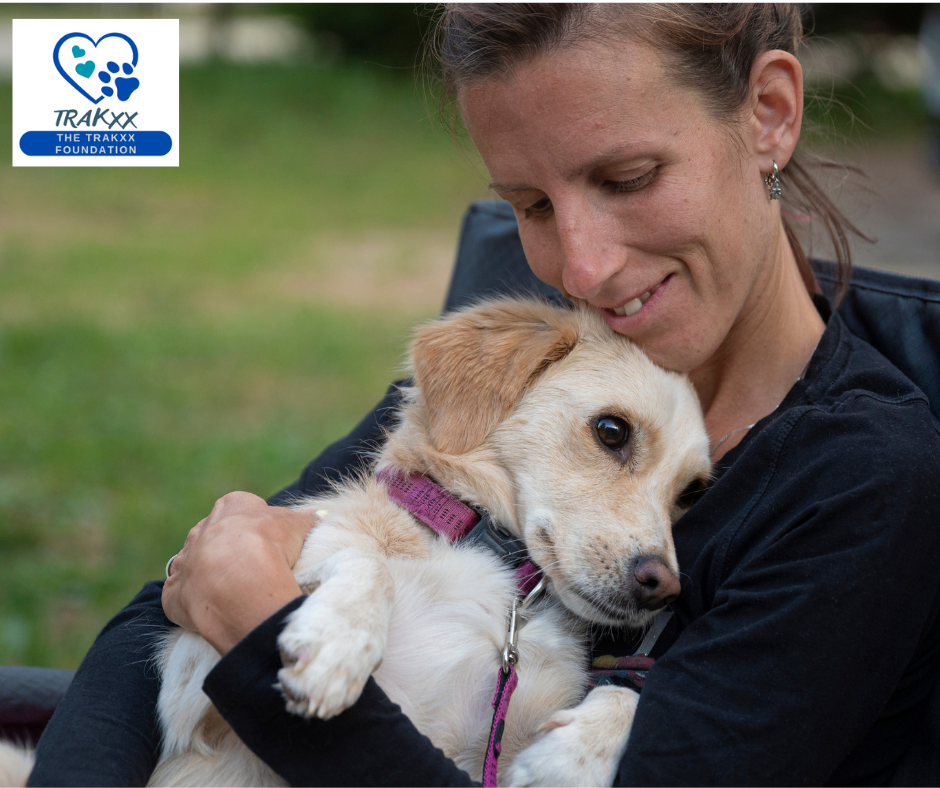Essential Considerations for Their Health and Well-being
As our beloved pets age, it becomes increasingly important to adapt their care routines to meet their changing needs and ensure their continued health and happiness. From regular veterinary check-ups to environmental adaptations, here are some essential considerations for providing comprehensive care for aging pets:
1. Veterinary Care:

Regular veterinary check-ups are paramount for aging pets. Routine examinations allow veterinarians to detect and manage age-related conditions such as arthritis, dental issues, and organ function decline. Early detection and intervention can significantly improve the quality of life for aging pets.
2. Diet and Nutrition:
Older pets may require adjustments to their diet to address changing nutritional needs. Consider switching to a senior pet food formula that includes ingredients tailored to support joint health and overall well-being. Consult with your veterinarian to determine the best diet plan for your aging pet’s specific needs.
3. Exercise and Activity:
Maintaining mobility through regular, gentle exercise is crucial for aging pets. While they may not be as active as they once were, short walks, gentle play sessions, and swimming can help prevent obesity and maintain joint flexibility. Tailor exercise routines to your pet’s age, health, and energy levels.
4. Comfort and Mobility:
Aging pets may experience joint stiffness, arthritis, or other mobility issues. Provide them with comfortable bedding and consider using ramps or stairs to help them access higher surfaces more easily. Non-slip surfaces throughout the home can also help prevent falls and injuries.
5. Environmental Adaptations:

Make adjustments to your home environment to accommodate your pet’s changing needs. This may include raising food and water dishes to a comfortable height, providing non-slip surfaces, and ensuring easy access to litter boxes or outdoor areas. Creating a safe and comfortable environment is essential for aging pets’ well-being.
6. Mental Stimulation:

Keeping your senior pet’s mind active is just as important as physical exercise. Provide them with interactive toys, puzzle feeders, and gentle training exercises to stimulate their cognitive abilities and prevent cognitive decline. Spend quality time engaging in activities that promote mental well-being and strengthen your bond.
7. Pain Management:
Monitor your pet for signs of pain or discomfort and discuss pain management options with your veterinarian. Medications, supplements, acupuncture, and physical therapy are among the options that can help alleviate pain in older pets. Addressing pain promptly is essential for ensuring your pet’s comfort and quality of life.
8. Quality of Life Assessment: Regularly assess your pet’s quality of life and consult with your veterinarian to make informed decisions about their care. Your veterinarian can provide guidance on managing any age-related health issues and help you navigate end-of-life care decisions when the time comes.
9. Emotional Support:

Older pets may experience changes in behavior or anxiety as they age. Provide them with plenty of love, attention, and reassurance, and consider incorporating calming techniques such as massage or aromatherapy into their routine. Your presence and affection can greatly contribute to your pet’s emotional well-being.
10. End-of-Life Planning: While it’s a difficult topic to consider, it’s essential to have a plan in place for your pet’s end-of-life care. Discuss your wishes with your veterinarian and consider options such as hospice care or euthanasia when the time comes. By preparing for the inevitable, you can ensure that your pet’s final days are as comfortable and peaceful as possible.
By considering these factors and providing comprehensive care and support, you can help ensure that your aging pet enjoys a comfortable and fulfilling life. Your love and dedication are invaluable to your pet’s well-being, and by being proactive in their care, you can make their golden years truly special.

1 Reply to “Providing Care for Aging Pets”